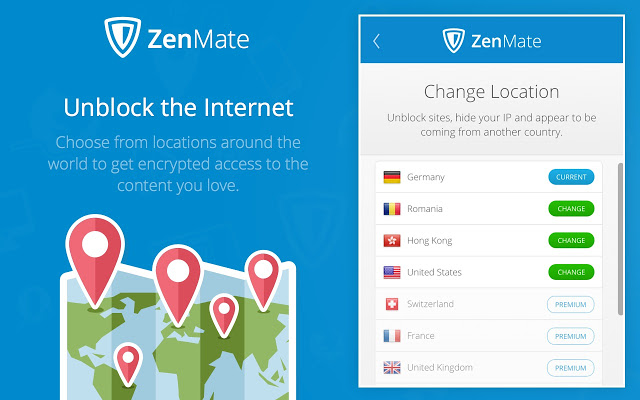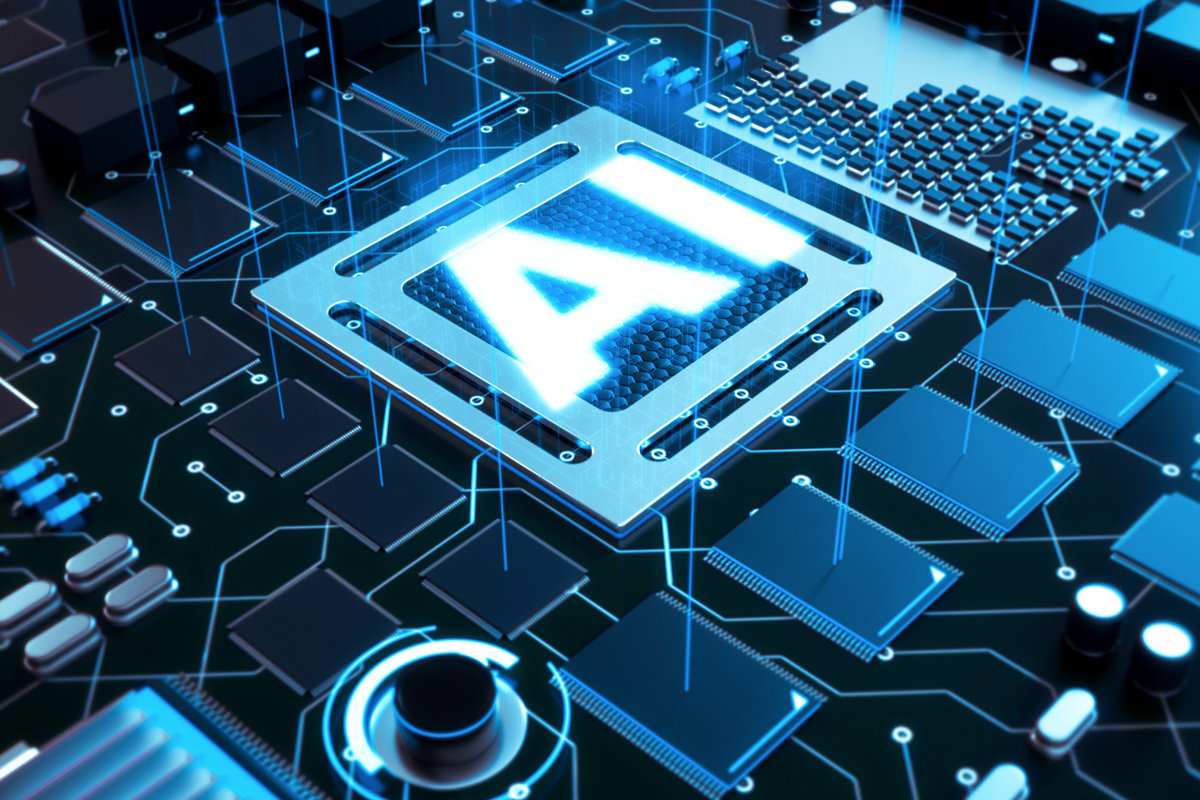Technology Trends to Boost Your Rental Property Business
Real estate investing has been around since immemorial and will continue, but it has significantly changed over the years due to recent technological developments and advancements and staying ahead of the curve in the rental property business is essential for success.
Rapid technological advancements have revolutionized various industries, and the real estate sector is no exception. Property owners and managers are now incorporating new technology to remain at the forefront of the industry, as it saves time, streamlines operations, and finds more high-paying tenants.
Real estate technology trends are changing the game. The industry, including the home rental network and property management sector, incorporates technologies into operations to obtain a competitive edge and boost profitability.
So as a landlord, these technologies can help streamline your organization, saving time and money. This article outlines the various technology trends you can use to up your rental business management.
Investor-Specific Online Real Estate Markets
Buying a decent property in a favorable market is the first step in any real estate investing journey. In 2023, this has been simplified as real estate investors can look for relevant listings for sale online, making it possible to invest in remote areas where investors need more experience and physical presence.
You can obtain MLS listings and other markets selling off-market homes through technology-enhanced general searches for houses on marketplaces such as Zillow and Redfin. It will allow investors to find potentially attractive possibilities from their PC or mobile device in less than three months per deal.
Cloud Computing
Rental businesses are slowly growing into organizations where Internet applications are predominantly utilized. Many people switch to software as a service (SaaS) or cloud-based apps. It has resulted in lower IT costs as any program may be accessed using a browser and an internet connection. To simplify tasks with landlord software, landlords have enabled tenants to access their vital apps anywhere, anytime, with efficient and secure cloud computing technology. It has also provided real estate renters, managers, and owners with centralized storage, simple information access, and seamless cooperation.
With these technologies, you can give effective rent collecting, lease administration, maintenance tracking, and financial reporting, streamlining administrative processes and boosting transparency.
VR- Based Rental Listings
Virtual reality (VR) and augmented reality (AR) are growing in popularity in the rental property industry. Renters considering a property may take virtual tours to get a genuine feel of the area and amenities without actually visiting it, thanks to VR and AR. Additionally, property managers may exhibit unoccupied units using these immersive technologies, expanding their marketing reach, and lowering vacancy rates.
While AR is gaining ground, allowing users to overlay information over a physical representation, VR allows potential tenants and buyers to imagine a future asset to a sophisticated degree. Integrating technology like 3D modeling and augmented reality into future structures’ conceptualization and design stages makes purchasing or renting a house more affordable.
Green Technology
Green technology allows you to optimize earnings while minimizing losses. It lowers energy use and hence fewer expenses. Energy management professionals may assist landlords in negotiating energy portfolios and guiding facility remodels with new energy-saving equipment. Building controls monitor and automate environmental controls to save consumption while providing maximum comfort. Green technology includes:
- Energy consumption software controls.
- Thermal-driven air conditioning.
- Geothermal heat pumps.
- Ice-powered air conditioners.
- Energy-efficient duct wrapping.
Intelligent metering is also used, incorporating self-generated electrical inputs, such as solar or wind power, and the capacity to return unused energy to the grid. Smart sensors are being utilized to transform property management by providing environmental knowledge via remote connectivity.
Use Of AI
Businesses that manage rental properties benefit significantly from integrating data analytics and artificial intelligence (AI). Property managers may use AI-powered tools and analytics systems to examine massive volumes of data and derive insightful conclusions. Using these insights, anticipate maintenance needs, set rental prices as profitably as possible, determine tenant preferences, and raise overall tenant satisfaction.
AI-driven chatbots and virtual assistants may be used to improve communication, provide round-the-clock customer service, and answer frequent questions.
Business Intelligence Software
Various data sources may be collected, compiled, and analyzed using business intelligence software. It combines information from several sources into a unified analytical platform, offering strong data intelligence capabilities. Brokers can quickly complete deals, forecast market conditions and inventory availability, and assess previous performance to foresee trends in crucial areas. Additionally, it provides information on how the property portfolio is performing and generates customized reports for every company department.
Conclusion
In the rental property industry, adopting technological trends may have several advantages. Businesses that manage rental properties may position themselves as industry leaders in an increasingly competitive environment by keeping up with recent developments and implementing pertinent technology.





